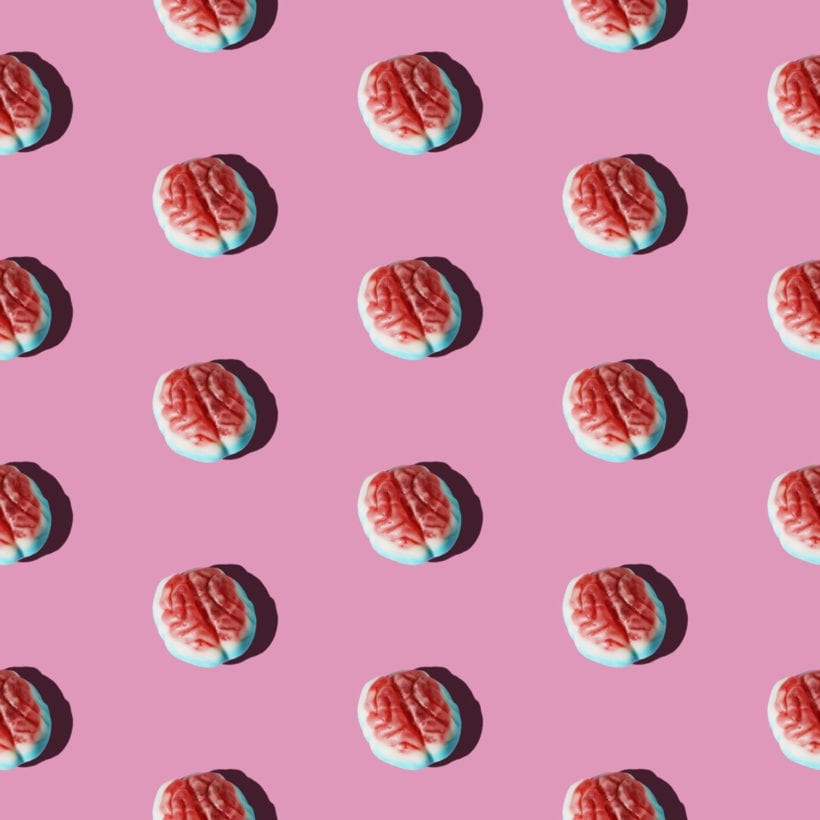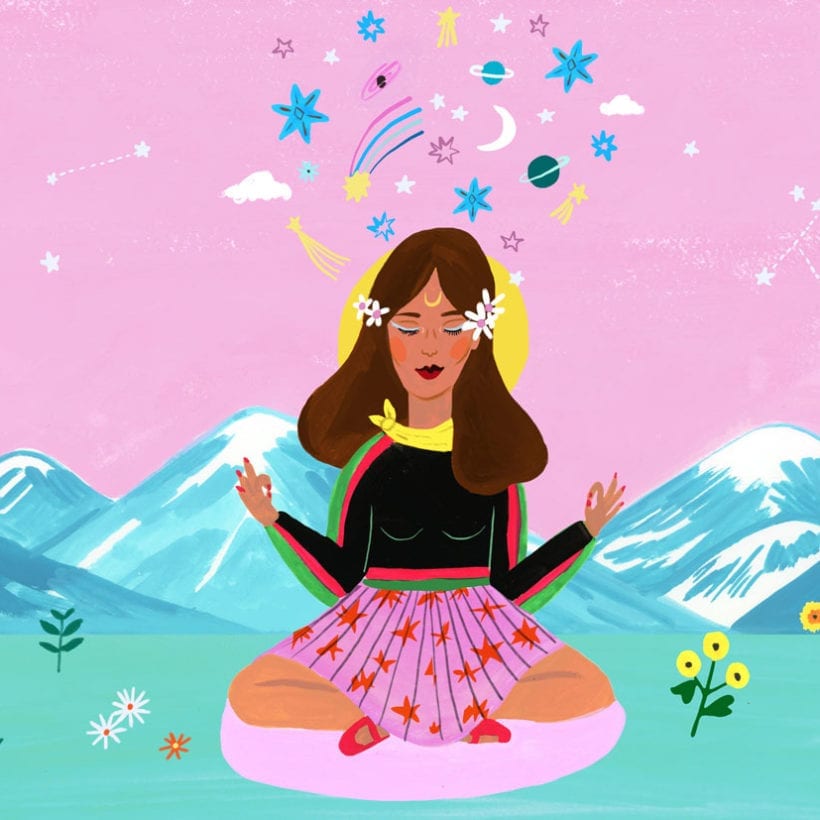I never thought of myself as much of a TV person, but lately, I had been coming straight to it after work. So as soon as January hit this year, I did an impromptu TV fast. I may or may not have been in the middle of a “Jane The Virgin” binge, but one day I woke up exhausted from having gone to bed super later with my eyes glued to the TV, and I decided enough was enough. A few books I bought on a whim at Barnes & Noble stared at me from my coffee table, and I was tired of thinking of excuses as to why I still had not opened them. Then, in March, I did a two-week Instagram fast. Why? I needed a break from the emotional turmoil and the constant influx of information.
The World Health Organization has said stress has become a worldwide epidemic. And according to the American Psychological Association, the average stress level reported by all adults nowadays is 4.9 on a scale of 1-10, with Gen Z as the most affected generation. It is no surprise the culture digital saturation exacerbates this problem with a constant influx of morbid news and notifications. And with Stress Awareness Month happening each April, it is time to think about yourself.
Looking to unplug? These steps help me limit stress, and hopefully, they can do the same for you.

1. Intermittent Fast Social Media and TV
A study by global tech promotion and support company Asurion found that people check their phones at least 80 times a day at an average of every 12 minutes and that even on vacation, people do not want to unplug from their phones. The separation anxiety is real — and must be fought. After my little TV fast was done, I had little to no desire to come back to the couch’s throes, meaning I spent more time at the gym, went for a run in the park, etc. And after my Instagram fast was done, I did indeed come back full-force, but I felt slightly disentangled from its emotional marring. The truth is researchers have found that one in three people feel worse and more dissatisfied with their lives from simply visiting Facebook because scanning through photos of other people living their best lives can trigger feelings of jealousy and loneliness. Powering down is a good tactic to help curb those feelings.
https://www.instagram.com/p/Bvl72LbgWg-/
2. Create Instead of Consume
We have been creating since prehistoric times, so you could say our need to create is in our blood — we just do not do it enough anymore. What is something you enjoy (besides swiping through your social feeds)? Writing? Painting? Playing music? Unplugging means less time judging your talent up to someone else’s, and having more time for uninterrupted thought processes, which is what fuels creativity. Research also suggests that being creative is, in fact, useful for our physical and mental well-being. The Connection Between Art, Healing and Public Health notes that artistic self-expression contributes to the maintenance and reconstruction of a positive identity.
https://www.instagram.com/p/BwIoJ35FKdG/
3. Spend Time in Nature
Research shows that one of the best ways to calm the brain is by spending time outdoors. We may not always have access to a nearby beach, rivers or the mountains, but this can mean something as simple as being intentional about visiting a local arboretum or finding the best place to stargaze with the least amount of light pollution. According to the Environmental Protection Agency, we spend approx. 90 percent of our time indoors. More than half of us log fewer than five hours a week outside. Cognitive scientists have found that brooding — which they commonly dub as morbid rumination — is more common in city dwellers than people in rural areas. And that spending time in natural calmed the part of the brain responsible for this kind of negative thought processes.
https://www.instagram.com/p/Bvmkk4cjfFh/
4. Read Books You Have Had on Your List for The Longest Time
If you are anything like me, you constantly fall trap to the allure of a book with a pretty cover and a promising synopsis. However, you can never seem to actually pick it up — you always say you do not have time, because of course, you do not. But we need the mental stimulation that comes from reading something interesting as opposed to looking at pretty pictures on Insta. Our brain requires exercise to keep it healthy and strong, and reading has been found to enhance neural connectivity in the brain. One study found that literary fiction, which simulates our daily lives, also makes us more empathetic and in tune with the world. And reading poetry, along with books that make us question meaning, has the ability to enhance our mental flexibility.
https://www.instagram.com/p/BvuBD2AB5rO/
5. Meditate
It is not breaking news that meditation is one of the most popular wellness trends in the world. The CDC reports that it is one of the fasted-growing trends in America, with the number of meditators tripling from 2012-2017. And it seems like it is all for good reason: There is promising evidence that it is a powerful solution for stressed-out, digitally-addicted and distracted people. Even if you engage in this simple practice for only 10 minutes a day, it can help control stress, anxiety and improve cardiovascular health. So let the work woes and emotional exhaustion go and engage with a myriad of apps like Headspace, Calm or Mindbody, which are great options to get started. Or simply get out of your house and try Kundalini yoga, float therapy or sophrology, which, according to the Global Wellness Summit, are some of 2019’s biggest mediation trends.
We only recommend products we have independently researched, tested, and loved. If you purchase a product found through our links, Sunday Edit may earn an affiliate commission.







